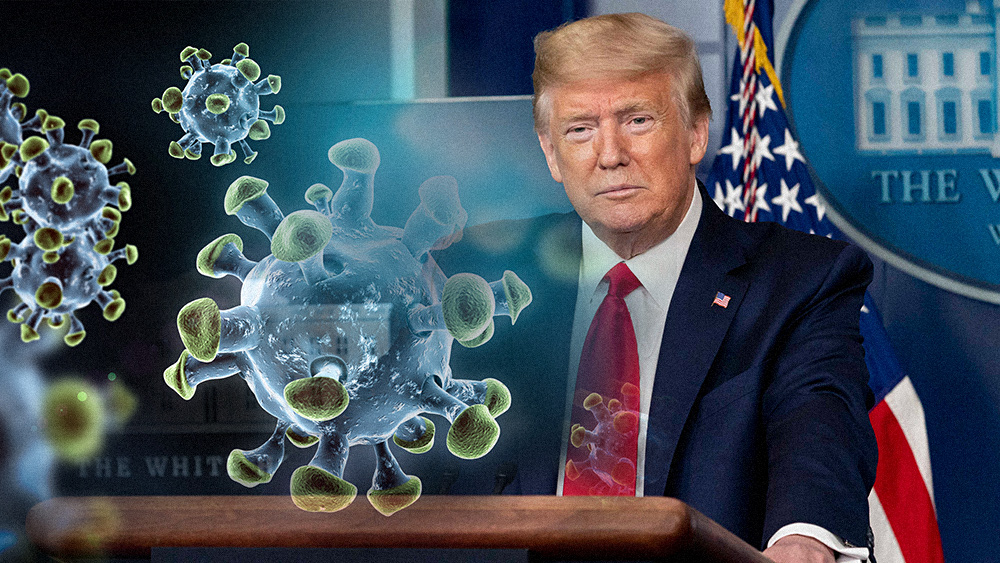
Even though it typically takes anywhere from three to five years to develop a new vaccine, the Trump administration had appeared fully supportive of developing one in a fraction of that amount of time to address the current global pandemic. Trump himself even indicated that he is "pushing very hard" to make a Wuhan coronavirus (COVID-19) vaccine come to fruition as quickly as possible, even though this accelerated timeline puts many people's lives at risk.
"We are pushing supply lines," Trump is quoted as saying to the media. "We don't even have the final vaccine," he further stated, adding that he believes "many companies are, I think, close," citing pharmaceutical giant Johnson & Johnson by name.
Dr. Anthony Fauci, the longtime director of the National Institute of Allergy and Infectious Diseases (NIAID), has largely agreed with Trump's statements, indicating that it is possible "to shave a couple of months off that," referring to a proposed 18-month accelerated timeline for the release of a new vaccine for the Wuhan coronavirus (COVID-19).
"But, you know, you don't want to over-promise," Fauci added during an interview with CBS News. "We'll just have to see how it goes."
Not long after this all occurred, however, President Trump switched gears and began to tell the media the exact opposite of what he had stated prior. Without going into specifics, Trump pointed to other viruses and flus that have "disappeared" before vaccines were ever developed for them, and suggested that the same will happen with the Wuhan coronavirus (COVID-19).
"It's going to go away," Trump stated emphatically. "And we're not going to see it again, hopefully, after a period of time ... They've never shown up again," he added, referring to other viruses and flus in the past. "They die, too. Like everything else, they die."
What is Trump's real position on vaccines and coronavirus?
Doublespeak on the part of Trump is nothing new, and he has received plenty of criticism over the years for his duplicitous statements, sometimes made just hours apart from one another. On the other hand, some believe that Trump is playing some kind of long game where he intentionally says contradictory things to weed out who's who in his administration.
Long before he was president, Trump publicly stated that he "strongly" believes vaccines to be linked to autism, which suggests that he does not support the government's vaccine agenda. With that said, Trump's now-stated plan for an accelerated Wuhan coronavirus (COVID-19) vaccine by year's end could simply be a decoy to bait his enemies into exposing their true intentions.
On the other hand, it could be that Trump simply does not know how to tell the truth and is in a constant state of flux when it comes to his position on any given matter. Is Trump really against vaccines, or was he rallying public support for himself among vaccine skeptics years before he decided to run for president?
As of this writing, Trump's most recent stated position is that a vaccine for the Wuhan coronavirus (COVID-19) will not be needed because the virus is going to disappear for good some other way. And this is the position we hope he sticks with moving forward.
To keep up with the latest news about the Wuhan coronavirus (COVID-19), be sure to check out Pandemic.news.
Sources for this article include:
Please contact us for more information.























